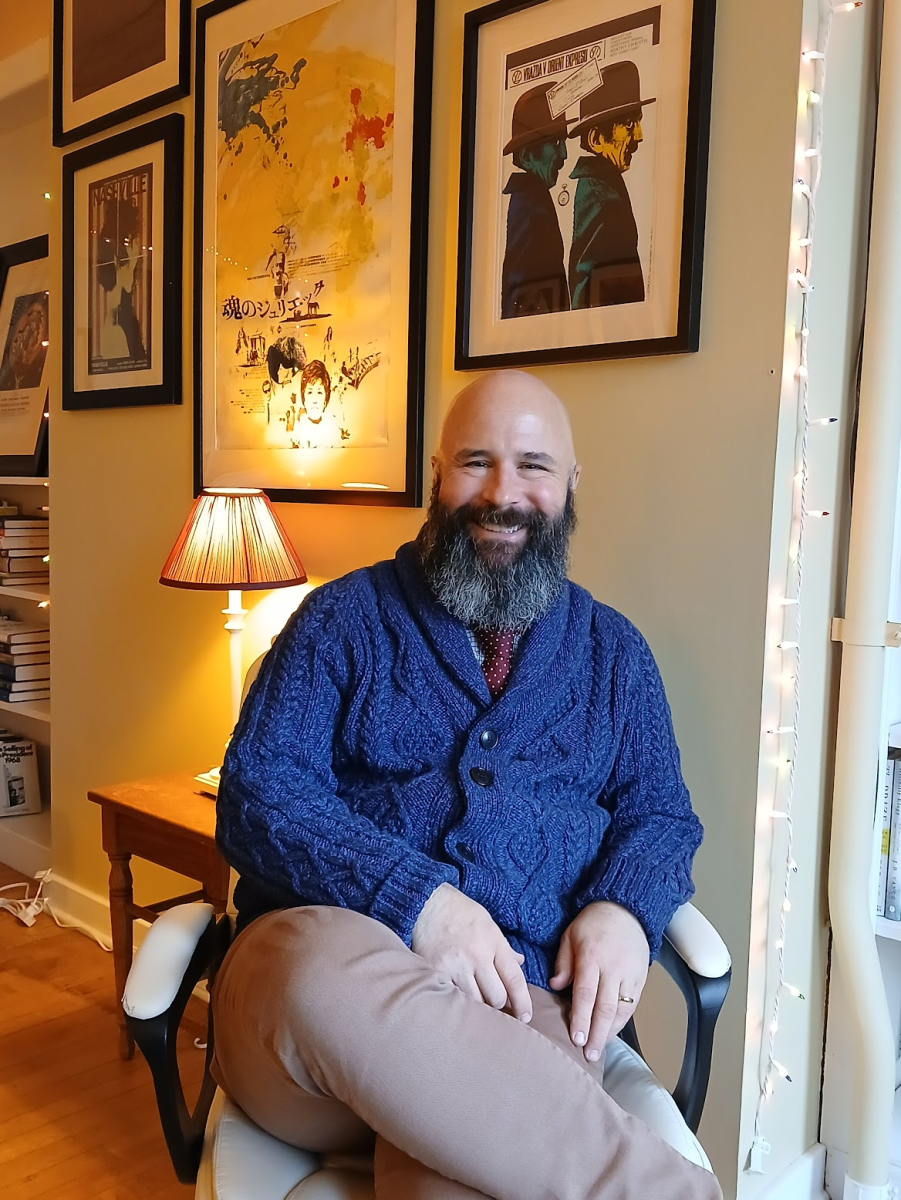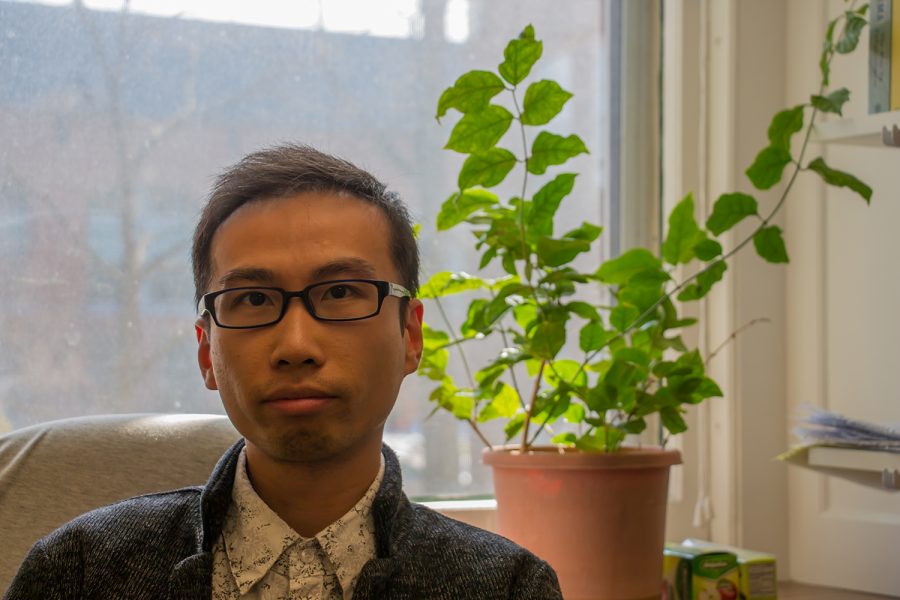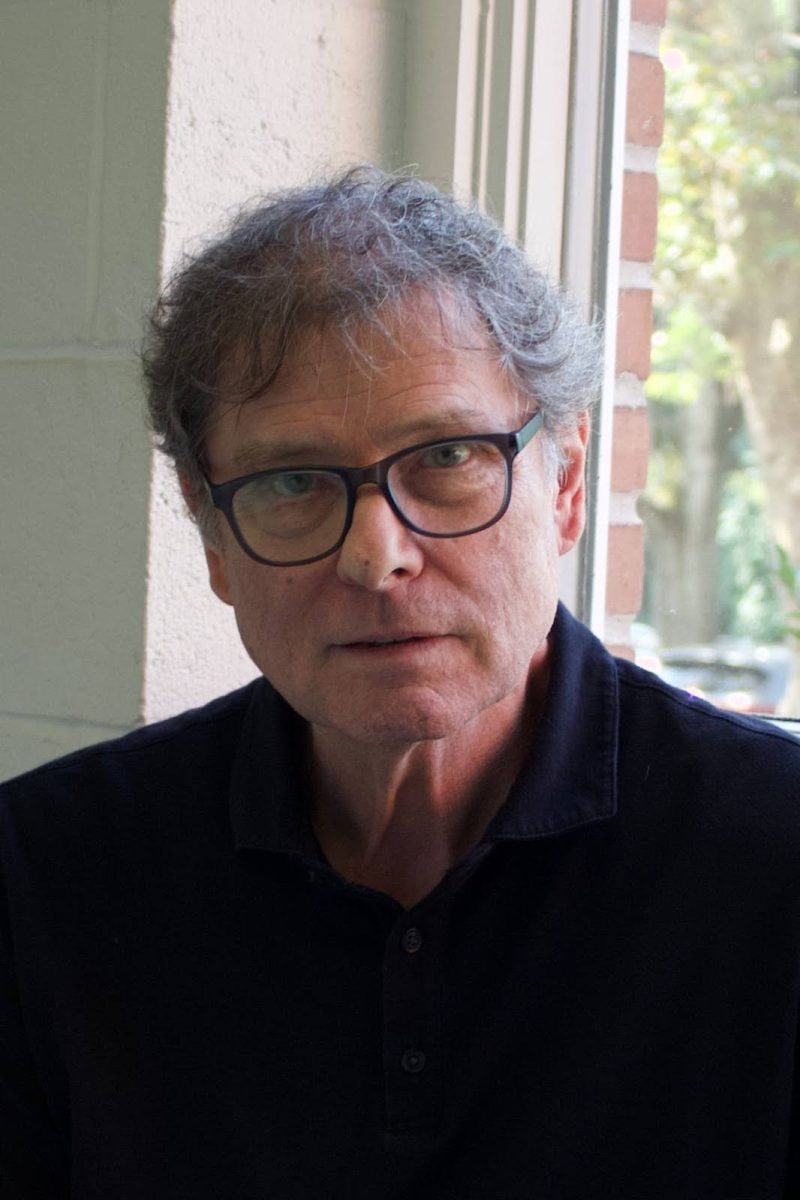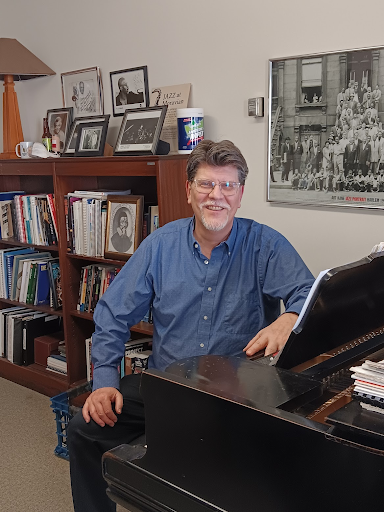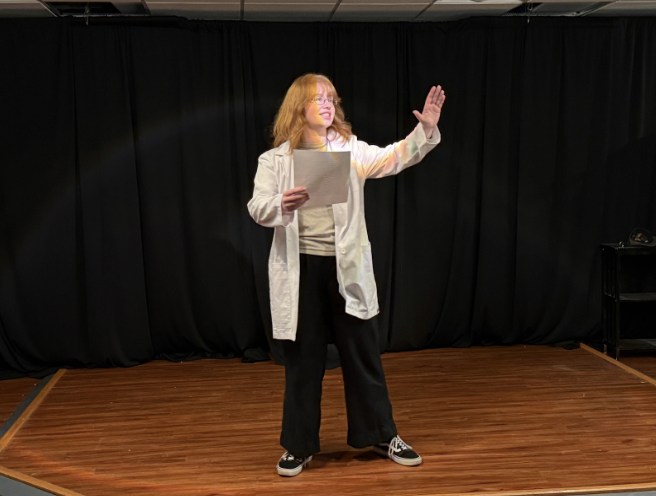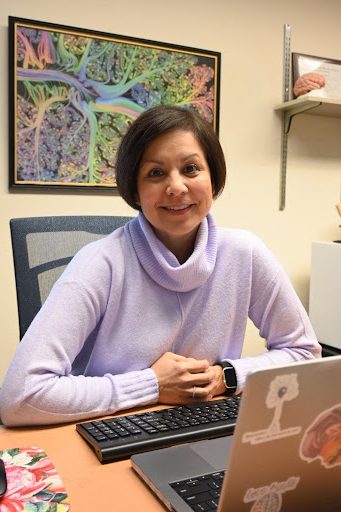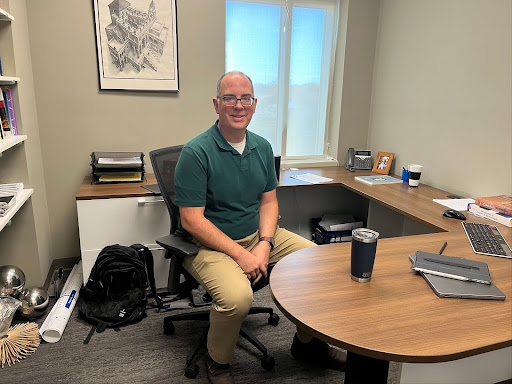Richard Anderson is an associate professor of practice in public history at Moravian University. He has a B.A. from Northeastern Illinois University, an M.S. from the University of Illinois at Urbana-Champaign, an M.A. from the University of Massachusetts, Amherst, and a Ph.D from Princeton University. He specializes in public history and teaches post-Civil War U.S. history. He has been a professor at Moravian since 2022.
What inspired you to go into your field of study?
When I was in college, the attack of September 11th just happened. Suddenly, Americans were talking about politics and history with an urgency that I had never seen before. I became very interested in trying to understand the backstory to this cataclysmic present that led to this violence in the United States and ricocheted across the world. I thought about journalism, but after three weeks in a one-year master’s program, I knew I didn’t want to be in that program. I also wanted to understand public policy, the decisions on social and cultural issues, and people’s daily lives. I took that with me into history, and it became a better way to learn about why my world could seem violent, cruel, and unfair but also kind and full of care.
What research are you currently working on?
My current research is a book about the history of Chicago’s Democratic political machine between 1945 and 1976. It’s a book about U.S. politics, labor, and cities after World War II. I am trying to understand how the urban political machine, this very distinctive form of local politics, shaped American liberalism. Political machines rely on the distribution of economic benefits to supporters in exchange for votes to maintain control. It can be very corrupt and appear very coercive but what’s interesting to me as a historian is the affective component that relies on hyper-local relationships on the ground. That element of politics is often missing today as is the basic notion of just giving stuff to your supporters.
This system was also very unfair and brutally oppressive. I’m researching the system of politics in Chicago that put together a coalition that crosses lines of class and race that could stay in power and survive. It also stifled growing social movements challenging racial and class inequality, patriarchy, and other hierarchies of oppression. All these contradictions are interesting to study with my eye toward the present because today, people are asking whether a flawed political party, the modern Democratic Party, can be a vehicle for addressing large-scale crises like climate change, and rising right-wing reactions.
What do you think is the most recent important development in your field of study?
One of the important recent developments is the tendency of political historians and journalists to divide states between red and blue and to categorize policies by liberal or conservative labels. Many of the most innovative, influential historians of U.S. politics are now challenging those lines and looking at the formulation of public policy and bipartisan ideas. They also reject the overly rigid periodization that historians like to use.
They like to extend the timeline forward and backward and say it changes the narrative of politics. I want to push back on their challenge and don’t always agree with them. I do think it matters which political party was advancing programs, not because I think one party is good and one party is bad but because I’m interested in understanding the way the people in a political party use that party and its contradictions and try to find a way to get what they want to get done.
What job would you have if you couldn’t be a professor, regardless of salary and job outcome? Why?
I would probably be in journalism or public relations because I love talking to people and developing relationships. I also love communicating complex, important ideas to broad audiences to help them understand what’s going on.
What do you know now that you wished you knew when you were in college?
I wish I knew that dropping out of college would complicate my life. I dropped out of college when I was 21 and didn’t finish college until I was 27. I learned a lot from that period when I was out of school and just trying to survive on my own, but it was difficult. I didn’t have financial resources to fall back on, but at the same time, I also wished I knew that life was long and it would be okay. You can make mistakes, go through tough periods, and bounce back.
What is your biggest student pet peeve?
Not reading prompts. I write prompts so students have the information they need, so it can be frustrating when they don’t follow or read them.
What was the last streaming show that you binge-watched or the last good book that you read?
The last streaming show I watched was called Call the Midwife. In subtle ways, it provides a case for social democracy, universal healthcare, and community solidarity in East London neighborhoods where midwives lived and worked.
What is something interesting about you that most people don’t know?
I like show tunes and love to sing. I surprised my wife at our wedding this summer by arranging a group of my friends and myself to serenade her during the cocktail hour with a song from the Broadway musical, On The Town.
What should students expect from your classes? What is the secret to succeeding in your classes?
In my public history classes, students should expect to work collaboratively, experiment, problem-solve, learn how to learn experientially, and work off campus with a community partner who needs our help. Public history is history produced for non-academic audiences in a form other than a book or lecture.
What’s your favorite class to teach?
My favorite class to teach is Video Storytelling. I love teaching students how to present history visually and giving them skills they can use in a variety of pursuits and careers in the future.


